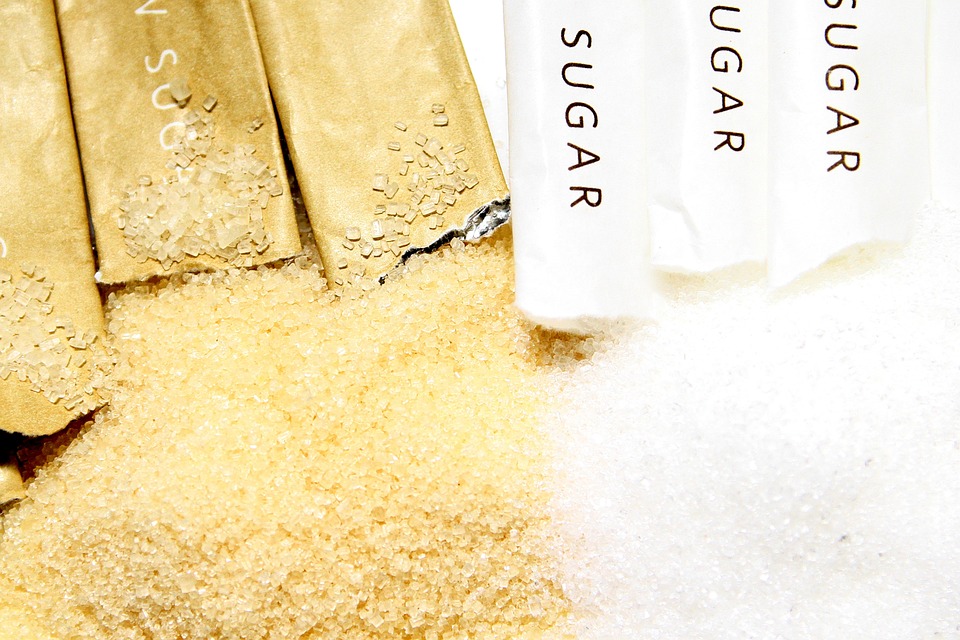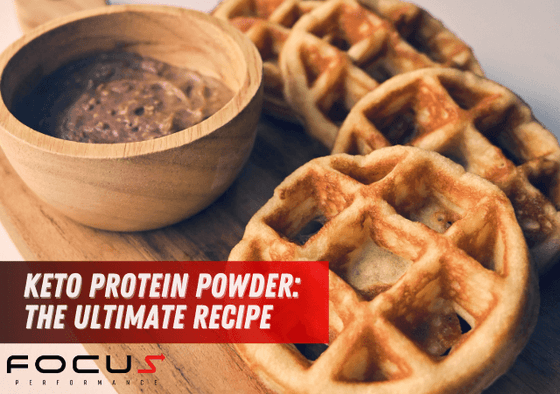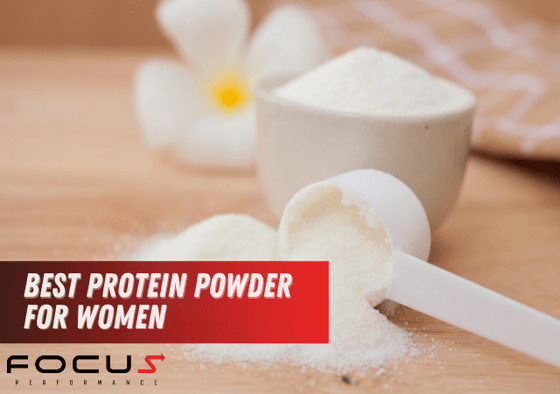
Pre-workout supplements have started to grow in popularity over the past several years. Many advocates claim that they can enhance fitness while providing the energy the body needs to push through tough workouts.
However, some experts say that pre-workout supplements are potentially dangerous and unnecessary.
This post will tell you everything you need to know concerning pre-workout supplements and whether or not they are good for your health.

A pre-workout supplement is a dietary formula consisting of multiple ingredients intended to improve energy and athletic performance. They are often sold as a powdered substance that is mixed into drinks before exercise.
Although many formulas are available, each of them has unique ingredient combinations. Some of the most commonly included ingredients are B vitamins, amino acids, creatine, caffeine, and artificial sweeteners.
There are only limited studies on the effectiveness of pre-workouts. However, there are also studies suggesting that specific ingredients in these supplements may be beneficial for athletic performance.
Nitric oxide is a bodily compound that relaxes the blood vessels and improves blood flow.
Pre-workout supplements contain some of the common compounds that the body uses to create nitric oxide. These include L-citrulline, L-arginine, and dietary nitrates like beetroot juice.

Some studies hint that adding these compounds as a supplement can improve nutrient and oxygen transport to the muscles, improving athletic performance.
However, many of the available studies on nitric oxide were performed on young men, making it unclear whether the results are the same as the other groups.
Caffeine is a common substance used in many pre-workout supplements because it improves focus and energy.
A popular stimulant, caffeine is said to improve memory, mental alertness, fat burning, and exercise performance.
Another chemical compound that is naturally produced by the body is creatine. This substance is mainly found in skeletal muscle, where it plays a crucial role in developing muscular strength and energy production.
Creatine is often added to pre-workout formulas but can also be sold by itself. It is especially popular among bodybuilders, weightlifters, and other athletes.
According to researchers, supplementation with creatine can improve the supply of this compound in the body. When this happens, one can experience improved muscle mass, strength, exercise performance, and recovery time.
The amino acid betaine is known for helping maintain normal liver function and the processing of fat. In one study, betaine supplementation was found to improve muscle size, body composition, and work capacity in human subjects.
However, the researchers found that betaine supplementation was unable to increase user strength.
One of the most abundant amino acids present in the brain, organ tissues, and muscles is taurine. This substance works similar to a neurotransmitter, helping regulate and stabilize the transportation of nutrients in the body.
Although taurine is crucial in maintaining metabolic function, evidence appears to be conflicting regarding its role in enhancing athletic performance.

According to one study, the combination of caffeine and taurine may accelerate muscle fatigue rather than delay it.
This naturally-occurring amino acid is produced in the liver and is known for promoting nerve signal function.
Some studies have hinted that the consumption of beta-alanine may result in the delayed onset of neuromuscular fatigue. It could also improve athletic performance.
Another one of the branch-chained amino acids, L-arginine is essential for protein synthesis in the body. This substance is also vital in creating nitric oxide, which is a compound that helps relax blood vessels for improved blood flow and oxygen exchange.
Although it offers these metabolic functions, there are only a few studies that support the claim that L-arginine can enhance athletic performance.
Although taking pre-workouts is generally safe, there are still some minor risks involved.
If you plan to add it to your daily regimen, make sure you consider the possible side effects first.
Many pre-workout supplements contain sugar alcohols and artificial sweeteners. Although adding these improves flavor, they can also contain calories. These sweeteners have also been observed to cause discomfort in some individuals.

Specifically, sugar alcohols taken in excess can lead to uncomfortable symptoms like gas, diarrhea, and bloating. These issues can be very disruptive to any workout.
Meanwhile, some people have reported digestive problems from consuming artificial sweeteners such as sucralose. However, these symptoms have not been proven scientifically.
It is best to avoid taking pre-workout supplements that have large quantities of sweeteners. Otherwise, you can try a small amount initially and see how your body tolerates it.
The primary element that boosts energy in many pre-workout supplements is caffeine.
Consuming too much of the stimulant can lead to harmful side effects, such as impaired sleep, anxiety, and increased blood pressure.
Many pre-workout formulas have caffeine levels similar to what you can get in 1 to 2 cups of coffee. However, you can acquire it easily from other sources throughout the day, making it very likely to consume too much of it accidentally.
Countries such as the United States have dietary supplements that are not regulated closely. That is why some products can have labels that are misleading or inaccurate.
If the quality and safety of a supplement is compromised, you may unknowingly consume substances that are harmful or banned. To avoid this, only purchase supplements that have been tested by a reputable third-party lab.
It is common to see people drinking their pre-workout supplements as they walk into the gym, or even still at the locker room. This is a gym habit that you need to avoid if you want your supplements to be as effective as can be.
The main reason is that the primary active ingredients in pre-workouts require at least 30 minutes to reach their highest levels in the blood. Waiting until you reach the gym before taking it can result in being halfway through with your exercise before its full impact takes effect.

Taking a pre-workout earlier, such as 60 to 90 minutes before exercise, will leave you having sufficient energy to get through even a long session. Many pre-workout supplements have caffeine, which can take the body 3 to 5 hours to metabolise. This is how long a standard pre-workout can last, although each person has a different rate of metabolizing caffeine.
It is for this reason why it is an equally important decision whether to take pre-workout late in the day, especially if you work out close to evening time. Since many pre-workouts have large amounts of caffeine, consuming them later in the day can be harmful to one’s sleep.
This is a major concern since obtaining sufficient sleep is a vital factor for recovering from a hard workout. Lack of sleep can even lead to more body fat.
There is also the issue of how often should pre-workout be taken. Many people consume pre-workout before almost every exercise session. The only problem with this approach is because caffeine can be addictive, it may result in a person being more tolerant to its effects. They may need to take increasing levels of the stimulant to receive the same boost in energy.

That is why many athletes and coaches recommend using pre-workout only for crucial sessions. Intense workouts or routines that focus on the large muscle groups are some of the most common examples.
This can be a complicated question to ask. For those of you who only go to the gym to sweat lightly, then pre-workouts may not be of much benefit. However, if you are someone who trains seriously and expects staggering results, a pre-workout supplement can be beneficial.
Anyone who wants to experience an energy boost when working out is a good candidate for a pre-workout. But even if using the best supplement, the top benefits can only be achieved with consistent training, adequate nutrition, and appropriate rest.
People who are highly sensitive towards caffeine may benefit more if they go with a stimulant-free pre-workout supplement. Since most pre-workouts contain stimulants, it is best to check with a doctor first before taking any. Health conditions can arise if a person who is sensitive to stimulants continues to take pre-workouts.
According to studies, genetics has an important role when it comes to caffeine sensitivity. Some individuals are simply affected by it, others are not, while some are in between.
For people who are sensitive to caffeine, are not fond of it, or are trying to break the stimulant habit, many pre-workouts are containing no stimulants as well.
If you are seeking some ingredients that can benefit workouts, the following could be of help:
When considering non-supplements, having a snack high in carbohydrates and protein an hour or two before workouts can be a great pre-workout. Having these nutrients and calories before exercise can provide long-lasting energy that will power you even through tough sessions.
Avoid taking pre-workout snacks that contain a lot of fibre and fat. The reason for this is because they take longer to digest, and some people may experience an upset stomach during exercise.

With regards to pre-workout supplement safety, the best advice experts can give is to go with your eyes and be aware of what you are taking. It is always good to check where you obtain your pre-workout supplements. Going for an established and reputable brand is preferred especially when they are approved by an independent third-party laboratory.
The next step is to know yourself and why you want to take pre-workouts in the first place. Are you looking to gain a specific advantage for workouts or are you just trying to stay motivated? Are you comfortable in taking stimulants or do they cause insomnia?
Answering these questions before taking a pre-workout supplement can help you decide whether it is right for you. The real key to getting the results you want during training is to stay consistent and to eat the right food. Pre-workout supplements are just that, to supplement your diet.

Finally, you should always consult a physician before deciding to take a pre-workout or any supplement for that matter.
Despite the benefits we’ve learned about protein powders, not all of them are keto-friendly. Just like any product for people on a low-carb diet, you need to read the label closely to make sure you’re not consuming added carbs and sugars.


Scott Reid
Author
Scott Reid is a 2 x Britain’s Strongest Man U105kg winner (2007 & 2008) and IFSA World's Strongest Man U105kg Competitor. He is an expert in strength and conditioning and also coaches functional nutrition. Scott’s passion for understanding the human body and how to optimise every aspect of it has driven him to study under legends such as Paul Chek. Scott now coaches MMA Athletes, Strongmen and Bodybuilders to name but a few, helping them to implement a well structured diet and become more powerful, explosive versions of themselves.